What if college planning started by asking ‘why college at all?’
5 Questions Every Family Should Ask About College in the Age of AI
1. What careers will still exist — or emerge — by the time my student graduates?
AI is transforming how we work and what we work on. Quickly. Entry level opportunities and routine cognitive work—often the first rung on the traditional career ladder—are being automated faster than expected. Today’s AI is already powerful enough to disrupt almost every knowledge-based field. So ask whether your student’s intended field is likely to be disrupted and what human skills will remain essential. Fields with high emotional intelligence, creativity, and hands-on problem-solving are more likely to endure. Put the emphasis on empathy, adaptability, curiosity and the human touch.
PREPARE: Students need to level up their AI game BEFORE they go to college. There are a number of online options—Google & IBM, Coursera and EdX all offer courses— and bootcamps as well. Look for colleges that integrate AI literacy, ethics, and data fluency across multiple majors. But also consider paths beyond college, such as trades, apprenticeships, or certifications that lead directly to resilient, in-demand work.
2. Does this college prepare students to adapt, not just specialize?
The future will favor the flexible. The antifragile. The ‘best’ colleges won’t be able to just skate on name recognition and training students in a single skill set could be a bridge to nowhere. The ideal landing spots will be wherever students are prepared to think critically, learn continuously, and pivot when the world shifts.
The Big Questions: Ask about interdisciplinary programs, internships, and whether students can mix majors or customize their path. How are your career services evolving for an AI-driven economy? What internships, co-ops, or project-based learning do you offer starting in year 1 or 2? Can students create cross-major or customized degrees here? How are your career services evolving for an AI-driven economy?
3. How is this college using and teaching AI?
Does it integrate AI and data fluency across subjects? If a college bans AI rather than teaching students to use it wisely, that’s a red flag. AI is a tool. Does the school offer flexible, cross-disciplinary programs (not rigid majors)? Do they support experiential learning (co-ops, real projects, internships) and portfolio building? Students should feel as confident as possible that they’ll be evolving with the technology in effective and innovative ways, using the technology to amplify their human edge.
It’s a Buyer’s Market: Ask how AI tools are integrated into the curriculum, career training, and student research opportunities. And consider whether other programs—like trade schools, apprenticeships, micro-credentials—are embedding AI-readiness in ways traditional colleges aren't.
4. What will this cost me — and what’s the return on that investment?
The hard cold fact is that colleges are notoriously slow to adapt, and with entire fields shifting under the weight of emerging technologies, the return on investment is murkier than ever. AI has challenged the value proposition more than anything in our lifetime, so it’s imperative that families think carefully about cost versus long-term value. Depending on their interests, more and more students will be asking themselves why they should attend a 4-year program when AI tutors and bootcamps can get them job-ready in a fraction of the time.
Keep Your Mind on Your Money: If college ends up being the destination, focus on local public universities, schools that offer generous merit aid, co-op programs, or real-world experience that improves post-grad outcomes. And don’t rule out affordable alternatives—some of the best ROI may come from industry certifications, two-year programs, or skilled trades.
5. Will this college help my student build something that lasts?
We’re fast approaching that “Limitless Paper in a Paperless World” moment. The virtual stranglehold that colleges have on credentialing is loosening and a degree alone won’t be enough for a number of students. What they get out of the college experience should be a sense of purpose, hands-on engagements, a portfolio of real work, and an understanding that they’re investing in a lifetime learning mindset.
Help Me Help Myself: Ask how the school helps students launch projects, build networks, or gain experience beyond grades. And whether it values ‘nontraditional achievements’—freelance work, creative projects, technical certifications—that show initiative and real-world readiness.
Bonus Step: Have you considered the full range of options—including not going to college right away?
Going to college is a social norm in this country, and while it’s often held up as the logical next step after high school, it’s really just one of a number of viable options to consider. Especially now. For some students, taking time to explore apprenticeships, work experiences, online programs, or certifications can provide clarity, narrow the focus and save money. Not every 18-year-old is ready to commit to a traditional four-year degree, and that’s absolutely fine.
What I’m telling my own kids: Stay as current as possible with how AI is impacting college and career paths. Don’t be afraid to chart a different course. Research career and technical education programs, professional certificates, paid training opportunities, or gap year models that include work, experiential learning, or service. Interview people in the fields you’re interested in. Look into job shadowing to explore alternatives. Remember: delaying college is not the same as giving up on it. Nobody should question your rationale for wanting to slow down and think things through to ensure that you’re making better-informed, purpose-driven choices.
This content is adapted from The College Octopus: Saving Strategies for New ( and not so new) Parents. A smarter approach to planning and saving for college in an age of uncertainty, opportunity, and AI.

